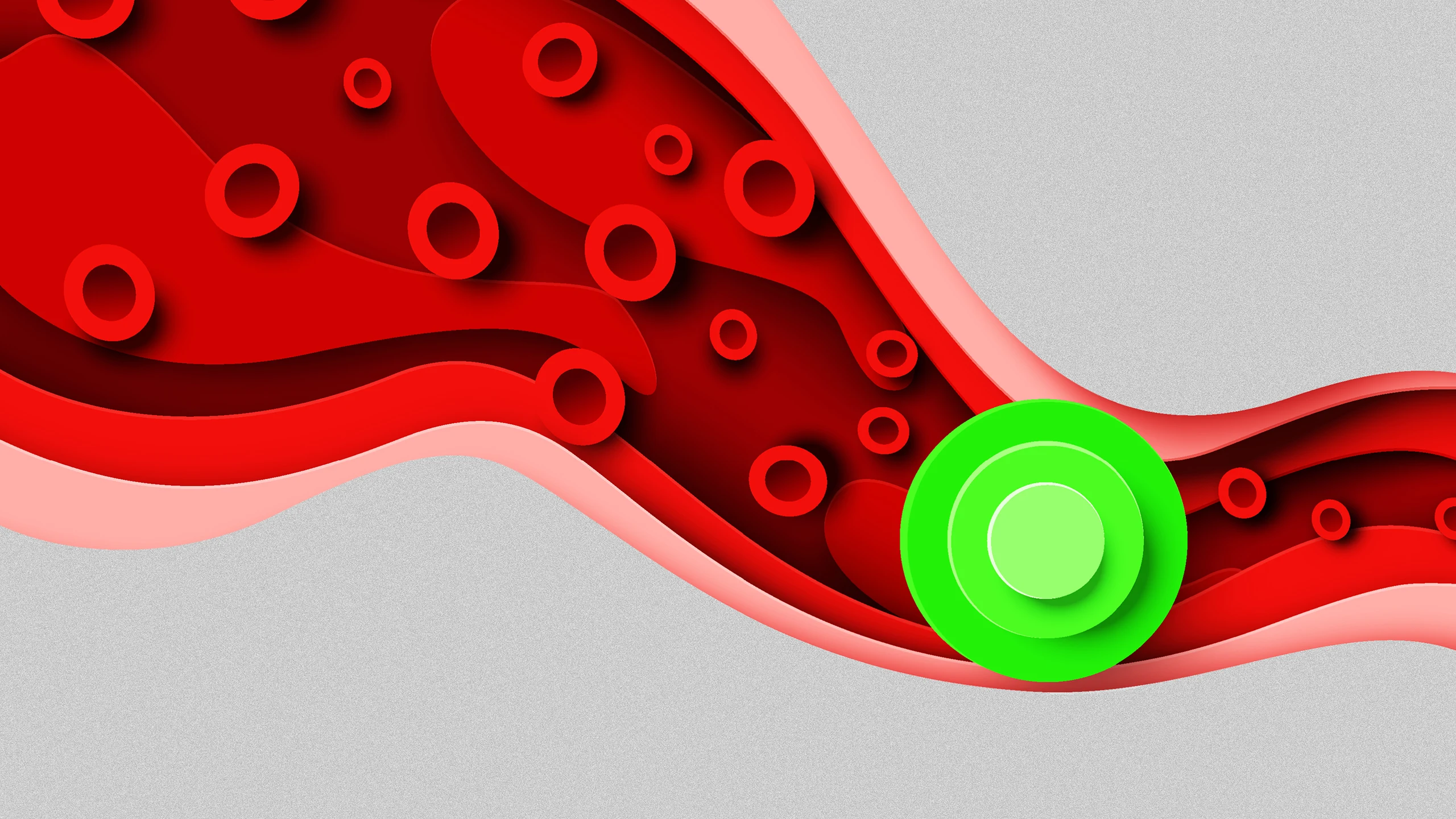
"The PATHFINDER 2 study included more than 36,000 people aged 50 and older who had no cancer symptoms. In participants who were followed for more than a year, the test caught some 40.4% of cancer cases. For those who got a positive result on the Galleri test, 61.6% of them went on to be diagnosed with cancer-an improvement over previous trials of the test. The results were presented on Saturday at the European Society for Medical Oncology meeting in Berlin, and have yet to be published in a peer-reviewed journal."
"In the study, the Galleri test, when combined with already existing screening for breast, cervical, colorectal, lung, and prostate cancers, "yielded a more than seven-fold increase in the cancer detection rate," according to Grail's president Josh Ofman in a press release. Galleri also detected many cancers which don't have standard screening tests, including notoriously hard to diagnose forms of the disease, such as ovarian and pancreatic cancer."
The Galleri test analyzes fragments of DNA in blood to detect over 50 cancer types, including cancers lacking standard screening. PATHFINDER 2 enrolled more than 36,000 asymptomatic participants aged 50 and older. In participants followed for more than a year, the test detected 40.4% of cancer cases; among positive Galleri results, 61.6% led to confirmed cancer diagnoses. When combined with existing screening for breast, cervical, colorectal, lung, and prostate cancers, detection rates increased more than seven-fold. Galleri identified many hard-to-diagnose cancers such as ovarian and pancreatic cancer, detected 53.5% at stage I or II, and predicted cancer origin with 92% accuracy. Results were presented at ESMO and have not yet been peer-reviewed; company leaders described findings as compelling while other experts urged further research.
Read at Fast Company
Unable to calculate read time
Collection
[
|
...
]